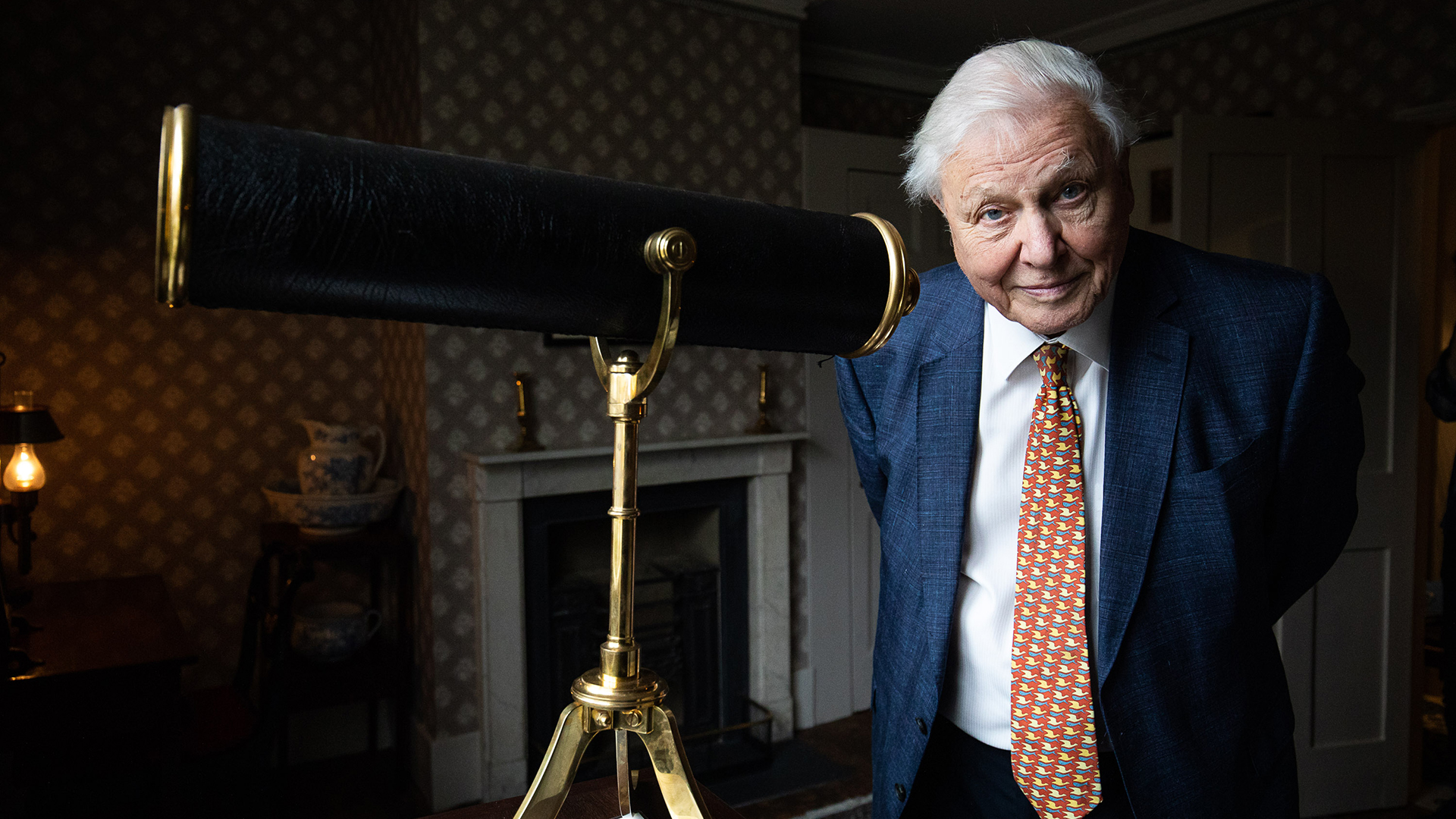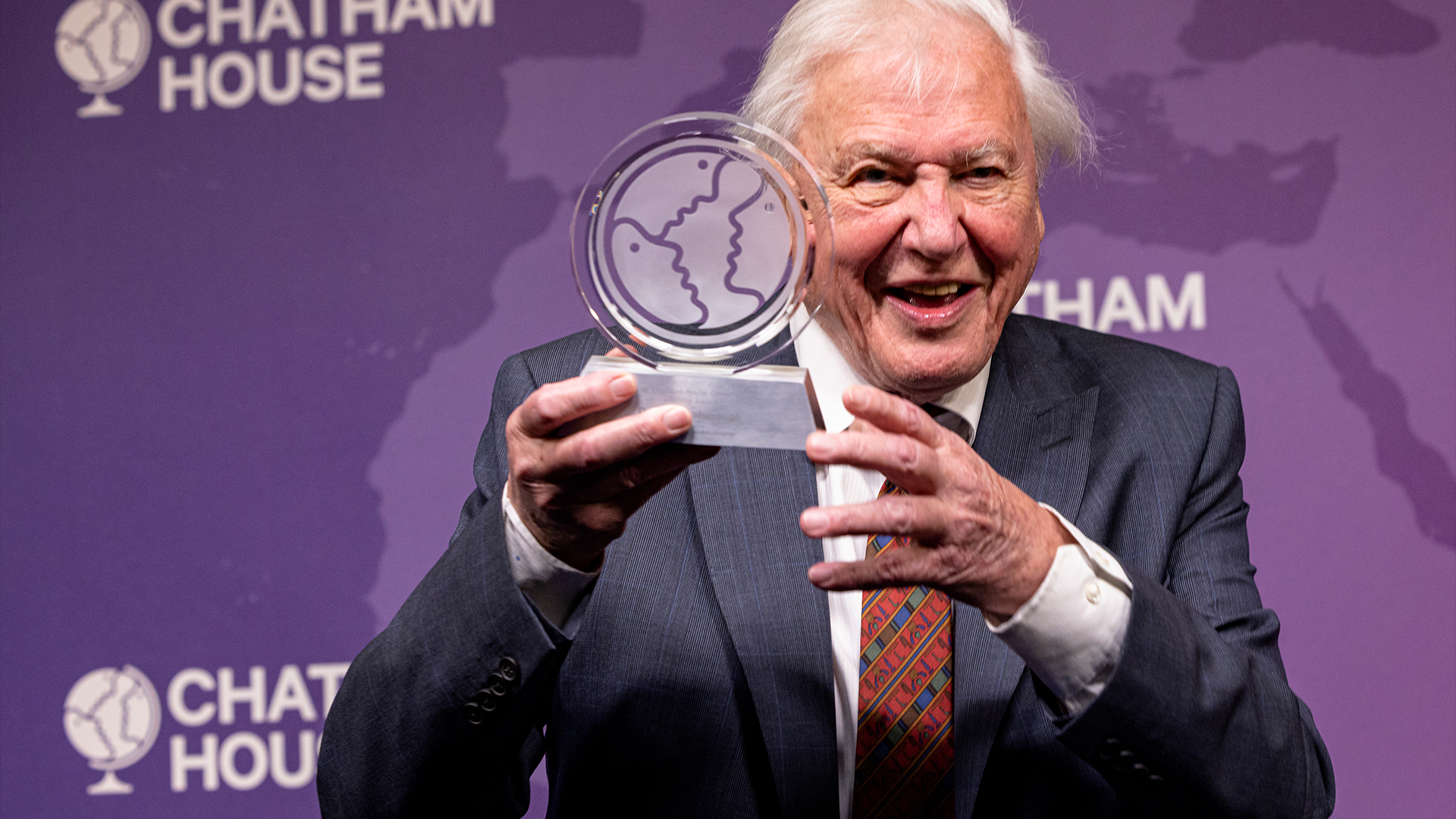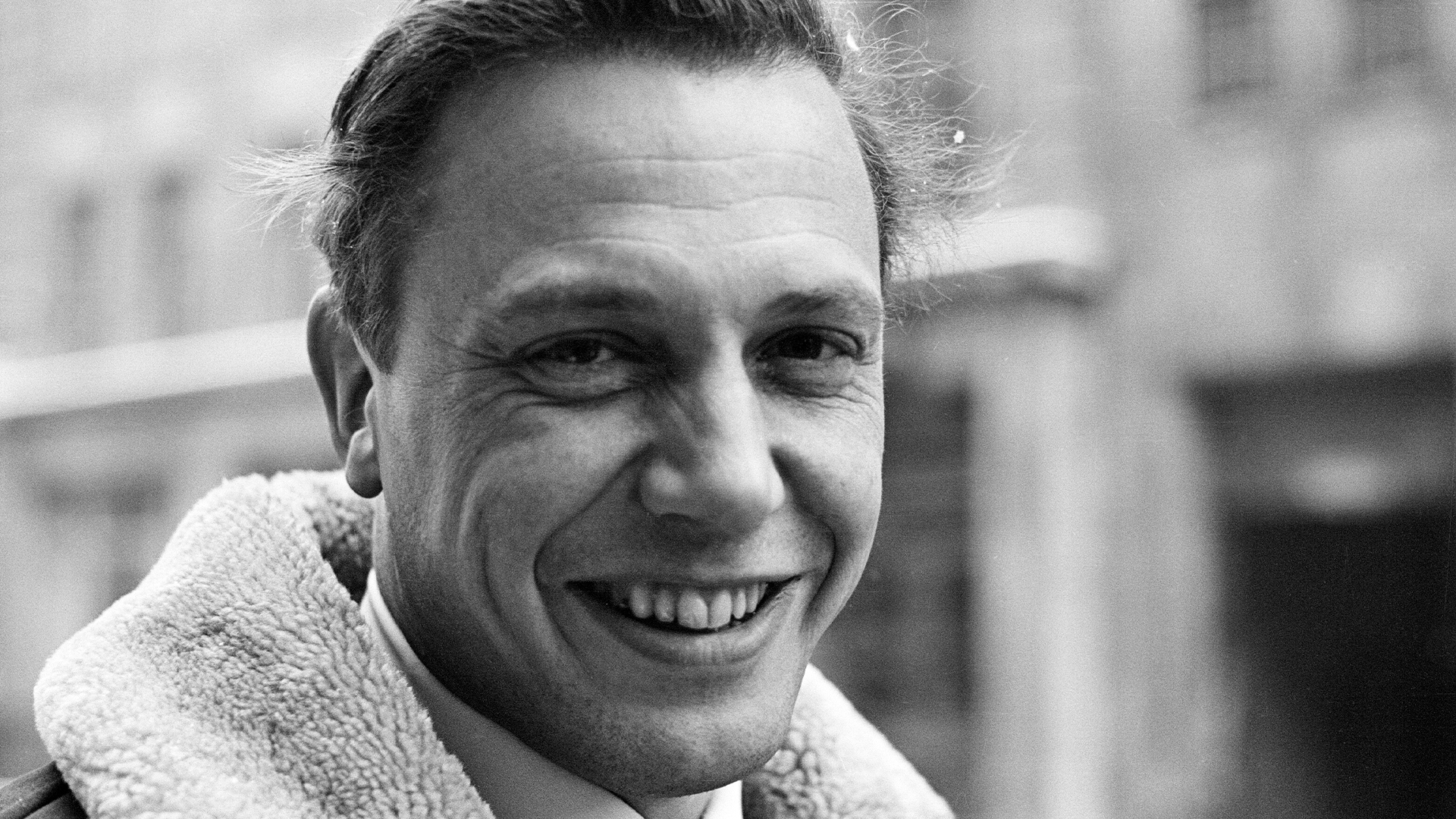9 surprising facts about David Attenborough on his 99th birthday
British naturalist David Attenborough celebrates his 99th birthday on May 8, 2025. Here are some incredible facts about the iconic broadcaster.

Sir David Attenborough is one of the world's most recognizable naturalists and documentary-makers. In a career spanning eight decades, Attenborough has written, presented and narrated some of the most-watched nature documentaries, such as "Life on Earth" and "The Blue Planet." To celebrate his 99th birthday, here are 9 unusual facts about the biologist and nature historian.
1. Attenborough is agnostic
Speaking on BBC Radio 4 in 2012, Attenborough said he was agnostic and that he does not rule out the possibility of a deity existing. The broadcaster said, "I don't think an understanding and an acceptance of the 4 billion-year-long history of life is in any way inconsistent with a belief in a supreme being. And I am not so confident as to say that I am an atheist."
2. He doesn't like rats
Attenborough is open about his deep dislike of rats, although he says they should be respected. In an episode of the BBC's "Life Stories," he explains how his fear of rats began when he was staying in a thatched hut in a village in the Solomon Islands during a thunderstorm. He felt something brush past his foot, and when he flicked his flashlight on, a rat ran across the bed — and more rats were all over the floor.
3. Attenborough was rejected from the first job he ever applied for at the BBC
In 1950, he applied for a job as a radio talk producer with the BBC but was rejected for the role.
4. His parents adopted two Jewish refugee girls during WWII
Irene and Helga Bejach, two Jewish sisters from Berlin, fled Nazi Germany shortly before World War II broke out in 1939. The girls, who were age 10 and 9 at the time, lived with the Attenborough family in Leicester for seven years before moving to New York to join a relative. Attenborough hosted a reunion for descendents of the sisters in 2019.
5. Attenborough doesn't drive
He never passed his driving test and doesn't like driving.
6. He tries to reply to the many letters he receives
In an interview on BBC Radio 1 in 2021, Attenborough said he was happy to reply to fans who wrote him a letter.
Get the world’s most fascinating discoveries delivered straight to your inbox.
Revealing he receives as many as 70 letters a day, he said: "I do my very best [to respond to them all]. Sometimes people, mercifully, don't actually put their address on because people are so unaccustomed to sending letters. If you wouldn't mind including a self-addressed stamped envelope I'd be delighted to reply."
7. He served in the Royal Navy
In 1947, Attenborough was called for national service in the Royal Navy and was posted to an aircraft carrier. After three years he left and took a job in publishing, editing children's science textbooks.
8. Attenborough's first program was about a prehistoric fish
The show, called "Coelacanth," was broadcast in 1952 and was Attenborough's first programme for the BBC as a producer. It looked at the rediscovery of the coelacanth, a primitive fish once once believed to be an ancestor of the tetrapod — all back-boned animals that ventured onto land. However, we now know this isn't true and that lungfish are the closest living relative of the tetrapod.
9. Baby mountain gorillas tried to steal his shoes
In 1979, while filming in Rwanda for the "Life on Earth" series, Attenborough encountered mountain gorillas (Gorilla beringei beringei) — and two baby gorillas tried to take his shoes off. Later, he described the moment as "bliss."

Lydia Smith is a health and science journalist who works for U.K. and U.S. publications. She is studying for an MSc in psychology at the University of Glasgow and has an MA in English literature from King's College London.
You must confirm your public display name before commenting
Please logout and then login again, you will then be prompted to enter your display name.
 Live Science Plus
Live Science Plus








